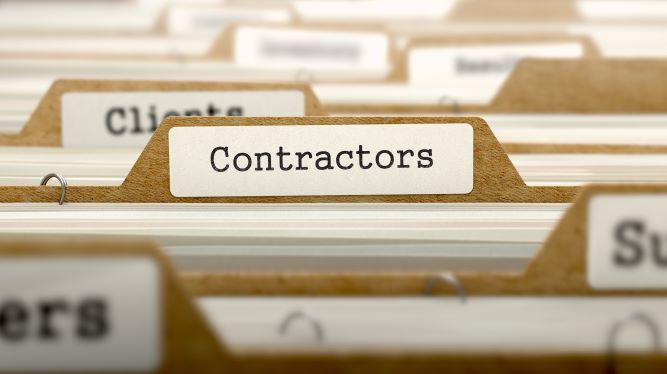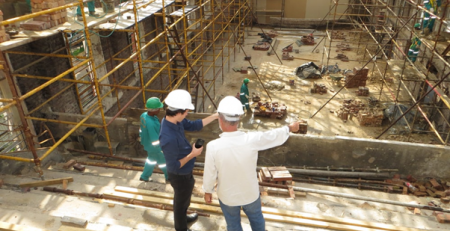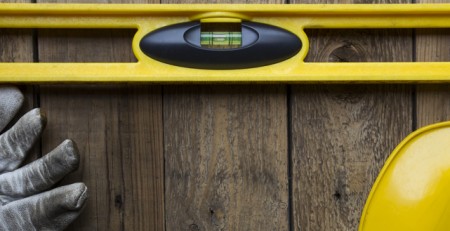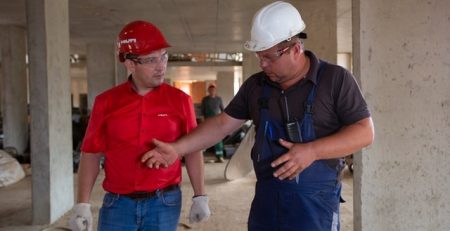As Workloads Grow, This Is How Contractors Can Streamline Their Business
For any job, finding ways to complete tasks more efficiently is desirable. After all, the quicker and easier you get something done, the more time and money you’ll save. That’s vital, given that businesses can lose 30% of yearly revenue from inefficiency.
How you can best achieve this efficiency, though, depends on what you do for a living. A mechanical contractor can’t hope to do the same things as a retail worker or educator and expect to receive the same results. What they need to do is, for the most part, unique to their line of work, which is why we’ve compiled this list of suggestions.
So, for any contractors out there hoping to streamline their business for improved productivity and efficiency, here are the things to consider.
Ensure That Everything Works
It goes without saying that no person can do their job effectively if their tools don’t work. Whether that’s equipment used for installation, computers required for ordering and filing, or vehicles essential for travel, everything needs to be in good condition. Otherwise, you waste time having to make repairs or order in new supplies when your staff should be busy working. The best way to prevent this from affecting your business is to regularly check all these tools and ensure that none of them are on their last legs. That way, you give yourself time to order new stock or make repairs, so your staff will never be impacted if something stops working. This is particularly important during busier periods when a drop in productivity is something you desperately want to avoid.
Divide Up Tasks
For every commercial job that your company carries out, there are a set amount of tasks that need to be completed. This encompasses the more menial duties like filling out work orders and other paperwork, as well as the more manual stuff. In order to try and streamline things, it’s worth evaluating whether the way these tasks are currently completed is efficient or not. In particular, you’ll want to look at who does them, and whether or not some of those responsibilities should be given to other employees. After all, if you have the same person collecting equipment, fitting it, and doing paperwork, the job is going to take longer to finish than if you divide up those tasks. Give the more complicated, manual duties to the professional technicians, and leave the other tasks to competent, lower-level employees.
Use Effective Software
Technology and software continue to develop at an exponential rate, and your business should be making good use of that. This stuff is designed to make your job easier, whether that’s by helping with scheduling, improving work allocation, or simply making it easier to pay staff. Any commercial contractors out there who want to utilise effective software to streamline their business may benefit from using Ensign’s electrical estimating software. With this, you don’t have to worry about using spreadsheets or calculating things yourself any longer. The electrical estimating software does that for you, making it possible to complete estimates at a record pace. That saves you time, which in turn saves you money, which in turn makes your business more efficient.
Optimise Your Routes
You can’t always control when and where you have to go for a job. If there’s an emergency, it’s not possible to plan ahead to try and make things more efficient. However, when it comes to maintenance work, you do have more freedom over how things play out, and that’s where an opportunity for streamlining emerges. If you know there are several commercial properties you or your team need to visit, try and find the most time-efficient way to get to all of them. That means optimising your routes so you can get from one stop to another as quickly as possible. It also means potentially keeping your eye out for other clients nearby who may also require your services soon. If someone’s able to visit them while out on a different job, you won’t have to worry about making another trip to the same area several weeks later.
Adjust Working Hours
Although the average UK employee works over 40 hours, a lot of that time isn’t actually spent being productive. In contracting jobs, some of it is typically used for travelling between locations, while unscheduled breaks also factor in from time to time. Individually, these moments away from work might not seem like much. However, they can really build up over the course of a week. That’s why it may be worth adjusting employee working hours to try and minimise these unproductive moments. For instance, if someone has to travel to and from a jobsite every day, it may be worth asking them to work longer hours but fewer days. That way, the amount of travel time required during the week is reduced, allowing for increased productivity. Alternatively, consider having employees travel straight to and from a jobsite, rather than reporting for duty at the office. Again, it will save time for everyone involved.
Focus On Health And Safety
When it comes to contracting jobs, health and safety are fairly paramount. Any business where manual work is involved has its share of risks, and failing to protect against them could impact your productivity. After all, if people are hurting themselves left and right, you’re going to run low on workers available for jobs. Naturally, you’ll already have a bunch of health and safety regulations in place to ensure this doesn’t happen. However, if your workload is increasing, employees may cut corners in an effort to get everything done. It’s important that you communicate regularly with your staff and let them know that health and safety is something that should never be ignored. It doesn’t matter if a job takes slightly longer because of this because the alternative is far more of a hindrance to your business.
Look Out For Anomalies
As a mechanical contractor, you’re an expert when it comes to what your workers do. You know roughly how long a job should take, what kind of equipment they require, and so on. That’s why it’s essential that you keep an eye on everything and acknowledge when there are anomalies. By this, we’re referring to things like when a worker takes far longer to complete a task than is normal. Obviously, every job is different, and complications may delay things by an hour or two. If you want your business to remain at the top of its game, though, you can’t let these things slip through the cracks. Anytime this happens, talk to those involved and find out exactly why the job didn’t go to plan. This may require you to make some difficult decisions involving your staff, or it may simply mean educating them on how to avoid such problems in the future. Either way, you’ll likely reduce the chances of an anomaly happening again.
There are many ways to make a company more efficient, particularly if you’re in the commercial contracting business. These suggestions aren’t the only thing to consider, but if you’re wondering how to improve productivity and performance, they ought to push things in the right direction. Once you get on the right track, you should be able to see for yourself where other changes can be made, allowing your business to become the best it can be.












